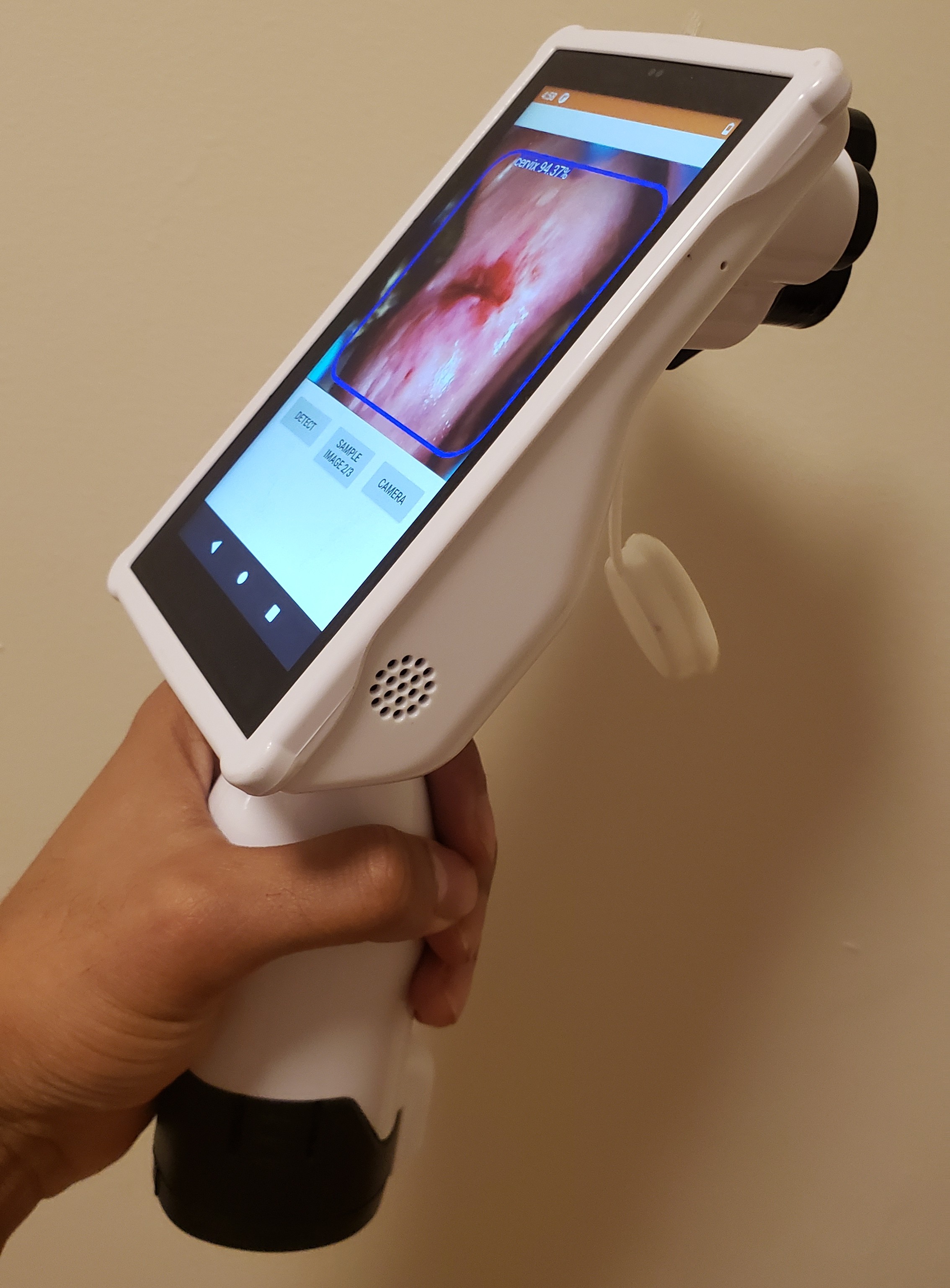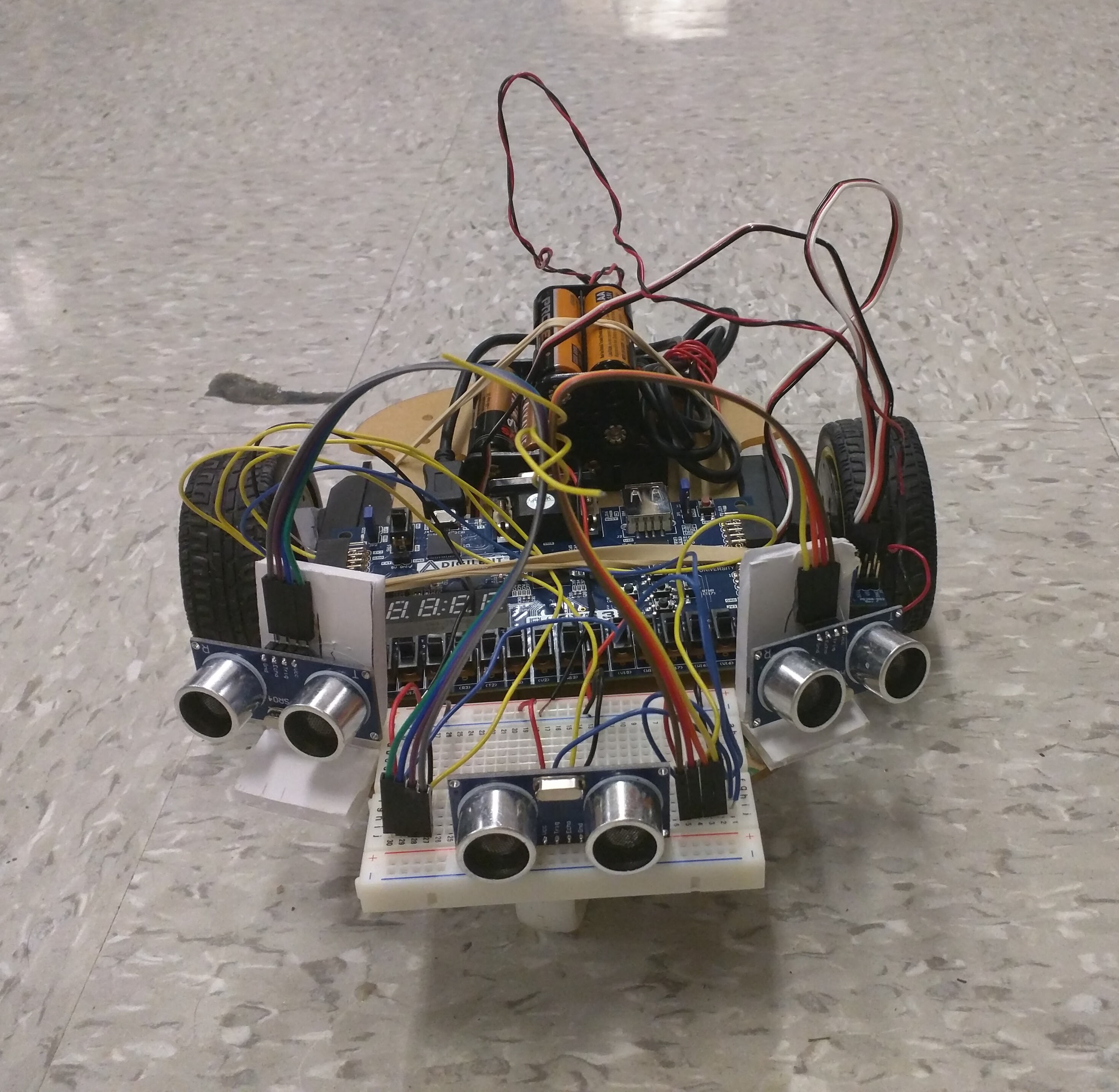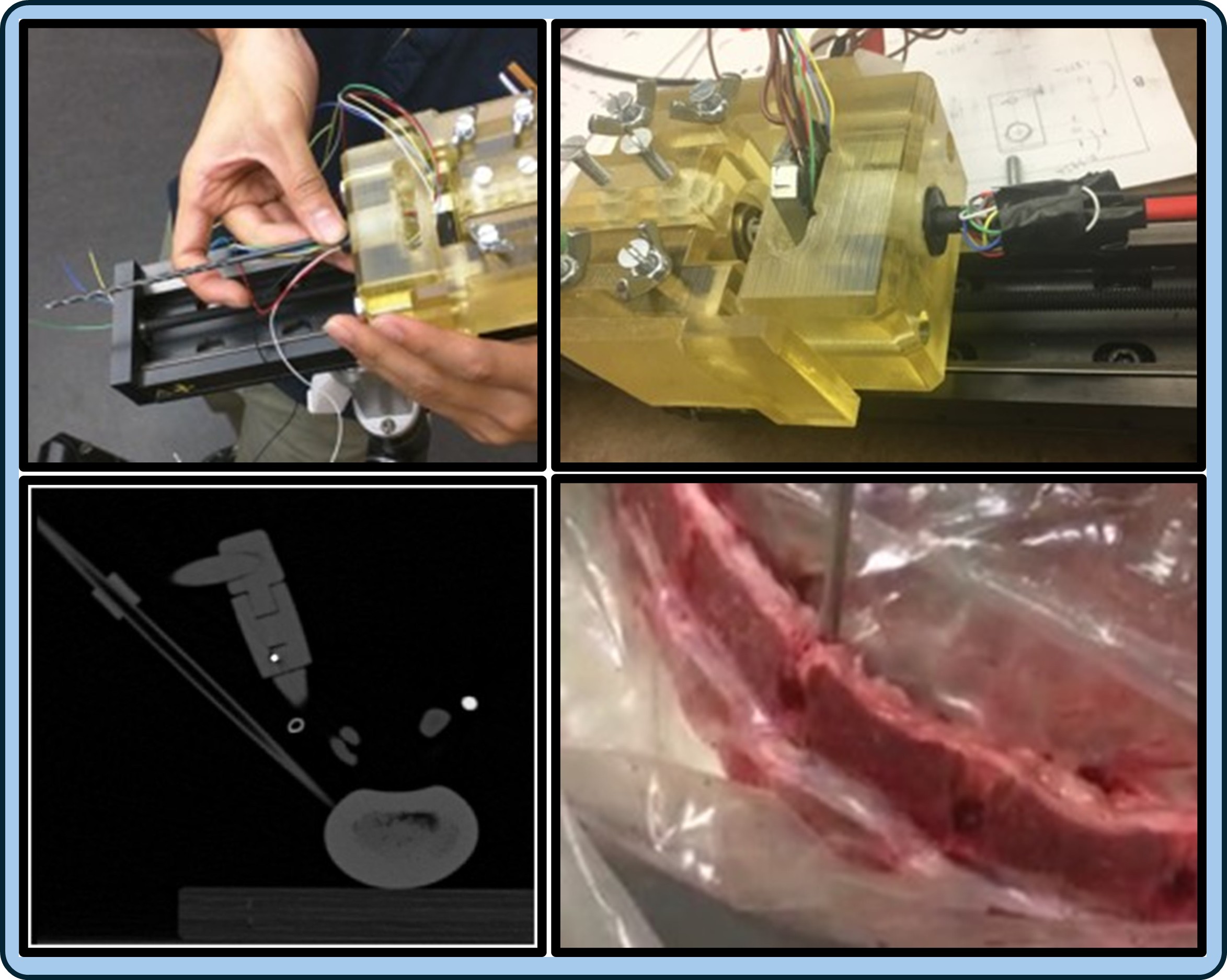Syed Rakin Ahmed, PhD
Forbes 30 Under 30 US 2026
CV | LinkedIn | ORCID | Google Scholar | Github
Harvard Profile | Dartmouth Profile
Engineer | Doctor | Computer Scientist
UHS | Resident Tutor | FiVE | IV Fellow | NCI.gov feature
Alpha Omega Alpha | Phi Beta Kappa | Tau Beta Pi | Sigma Xi
syedrakin_ahmed@fas.harvard.edu | rakin@mit.edu | syed.rakin.ahmed.med@dartmouth.edu
United States Medical Licensing Exam (USMLE) Step 1 Score: 260 (top 4 percent)
SAT I: 2310 (770 CR, 770 Math, 770 Writing) | SAT II: 2390 (800 Math II, 800 Chem., 790 Phys.)

Rakin is an M.D.-Ph.D. in a unique, multi-institutional '2-P-2' arrangement between Harvard, MIT and Dartmouth, a Forbes 30 Under 30 US 2026, Healthcare, currently in his final year where he was inducted into Alpha Omega Alpha. Rakin graduated with a PhD in Biophysics at Harvard Medical School in May 2024 (in 3.5 years), having been inducted into Sigma Xi, where he was co-advised by Bruce Rosen [1] and Jayashree Kalpathy-Cramer [2] in the QTIM lab at MIT and the MGH/HST Martinos Center for Biomedical Imaging. His dissertation was titled 'Generating Clinically Translatable AI Models for Cancer Diagnostics' at the intersection of computer science, biophysics, engineering, and medicine; his work resulted in multiple publications, presentations at national and international conferences, as well as several honors and awards [3], including the Mind, Brain, Behavior (MBB) Award.
Prior to starting his MD-PhD, Rakin studied Biomedical Engineering, Applied Math and Economics during his undergrad as a member of the Class of 2018 at Dartmouth on a full-ride scholarship, graduating with High Honors, Phi Beta Kappa, Tau Beta Pi and Magna Cum Laude, and took part in an exchange at the University of Oxford in the UK. His MD admittance, which he started straight through, was via the highly competitive Biomedical Engineering (BME) Early Assurance Program (EAP) as a college sophomore, which waived the MCAT and featured a single streamlined application with multiple interview rounds.
Rakin's clinical and research interests lie at the intersection of AI/deep learning, medicine, biomedical imaging and genomics. Rakin is broadly interested in addressing issues pertaining to AI deployment and model robustness (e.g., repeatability, generalizability), with a long-term goal of integrating deep learning (DL) into clinical workflows to augment the clinician, thereby potentially replacing costly, risky, and invasive tests. Rakin has explored these interests extensively via work and publications generated at the Broad Institute of MIT and Harvard (where he worked with David Liu [4]), Massachusetts General Hospital, HST Martinos Center and Memorial Sloan Kettering Cancer Center, among other institutions.
Alongside his research, clinical and MD-PhD commitments, Rakin also holds a deep passion for residential advising, teaching and student engagement, which is reflected in the multiple residential and teaching roles that he has held throughout his undergraduate and MD-PhD years, including Resident Tutor, Fellow in Values Engagement (Intellectual Vitality Fellow), Proctor, Teaching Fellow, Resident Fellow, Residential Undergraduate Advisor, Live-In Advisor and Program Coordinator, as well as Pre-med, STEM and Senior Common Room (SCR) Advisor.









